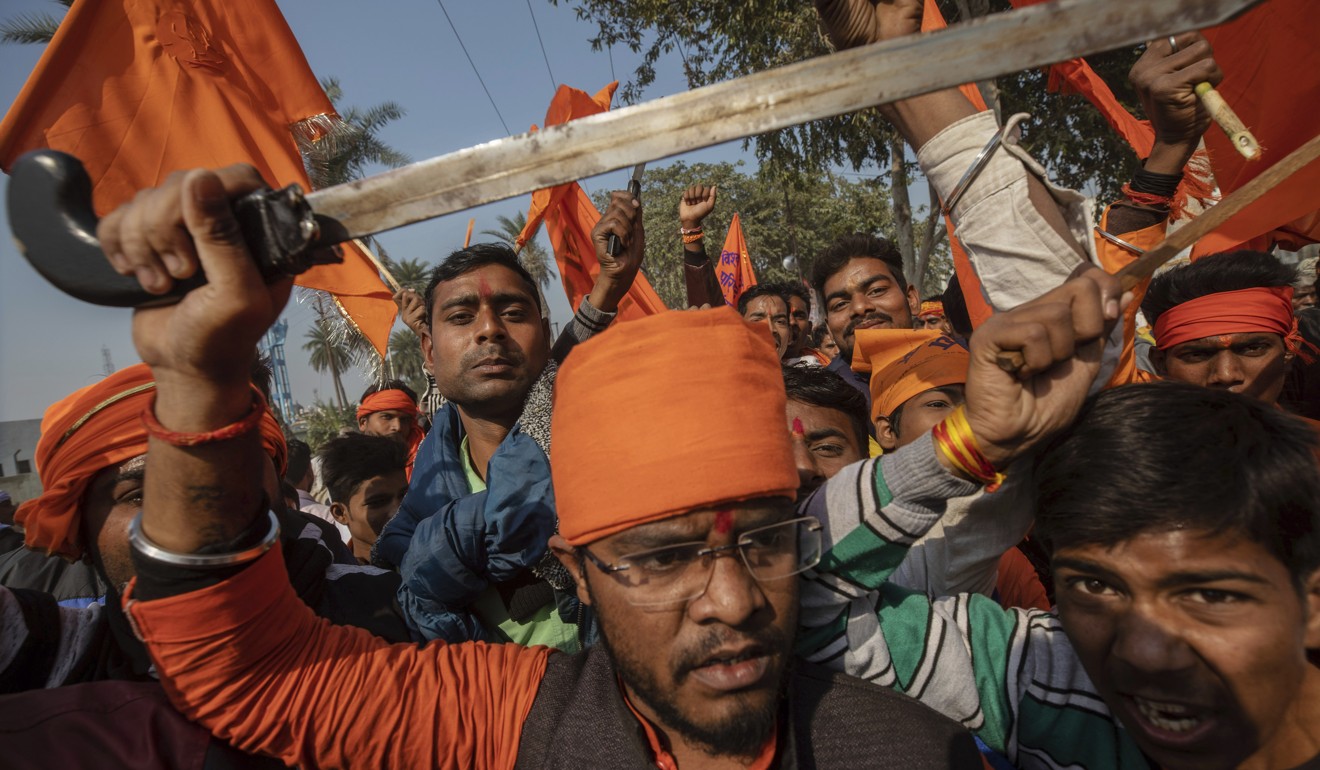Advertisement
Advertisement

Letters | Indian elections: the idea of a secular, tolerant democracy is at stake
- The ruling Bharatiya Janata Party has thrived by painting the Indian National Congress as corrupt, but the BJP’s promotion of divisiveness threatens the fabric of Indian society itself
I refer to the letter from Bharathan Parasuram, where he contends that Hindu nationalists are far behind in promulgating so-called Islamophobia as compared to incidents in ancient history (“Islamophobia or hate lynchings did not start with Hindu nationalists in India”, March 31). Does that make things any better?
India stands at a critical juncture in its history as a democratic, secular nation. The upcoming elections are critical, as the results could alter the very fabric of a secular, diverse and tolerant India, as set down by its constitution.
In 2014, the Bharatiya Janata Party proclaimed that corruption, sustained by the current opposition’s dynastic rule, was the greatest threat to the nation. This rhetoric helped them win the elections. But corruption, though a long-standing issue in India, did not start with the Congress, as the current government would like people to believe, nor has it diminished currently, nor is it going to end anytime soon. Are we to believe that the current government is not corrupt?
This is not to condone corruption but to view it in tandem with the seeds of something far more dangerous that the current government has been sowing. The divisive hate that is being spread so effectively, the way social media is being abused in promulgating and creating schisms among the country’s communities, is a threat. The impunity with which lynch mobs are operating, is a threat. The steady direction the country is being led in, towards fascism, is a threat.

Corruption did not divide the nation like the current government has. Corruption has seeped into many different spheres in the nation and continues to spread but divisiveness has made inroads into daily life.
The creation and perpetuation of this divisiveness was the most significant exploit of the British imperial policy, ultimately resulting in India’s partition. If divisiveness and communal hatred are fuelled and spread, as the current government is doing, what will save the country from a descent into a culture of pogrom/persecution of minority communities?
If politicians are allowed to spread communal hatred and polarise society, if moral policing is allowed to overwhelm the rule of law with impunity and guaranteed immunity, if politicians are allowed to work with a few businesses in ruling the nation and heading towards fascism, how can one have or retain hope in democracy?
That is a very important question every Indian citizen needs to bear in mind, when stepping out to vote in the upcoming elections.
Gauri Venkitaraman, Lam Tin

Post
